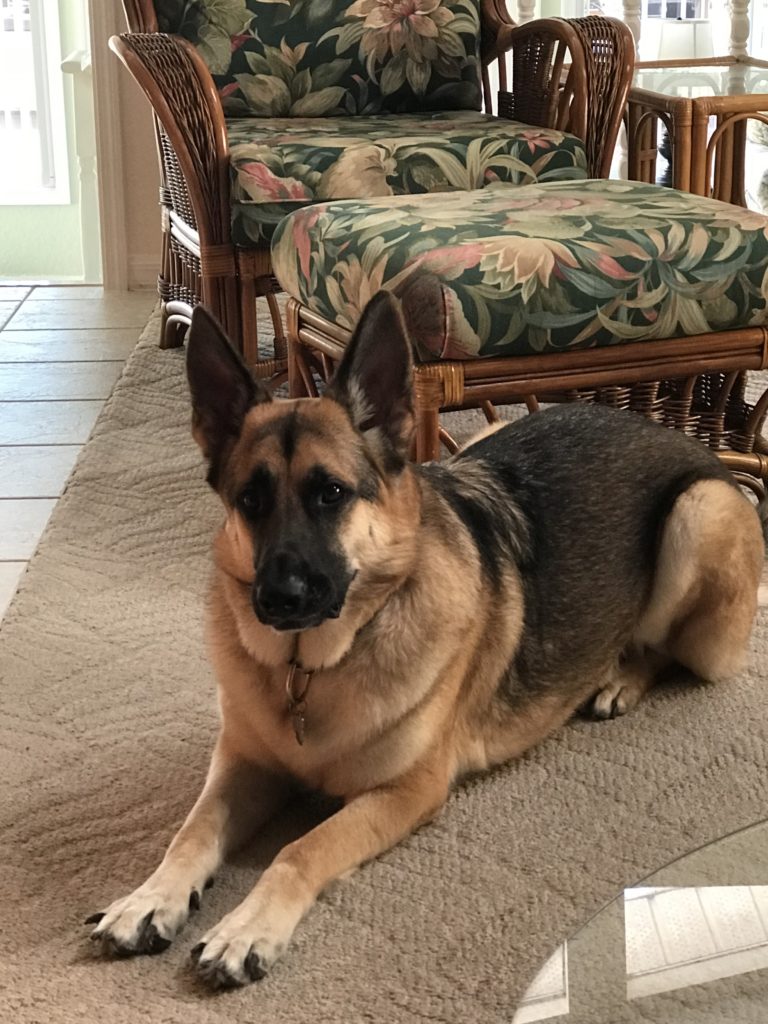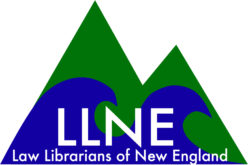We are so excited for the LLNE/SNELLA Spring 2022 Meeting! In anticipation of our day at Yale Law School discussing Critical Law Librarianship, we hope you enjoy this interview with one of the panelists.

- Tell us a fun fact about yourself! I have always loved folklore (not the Taylor Swift album). I am especially fond of urban legends, ghost stories, and local cryptids. New England, being America’s creepy attic, is full of them.
- What is your favorite New England spot and why? There are so many to choose from, so I’ll highlight two spots found in our host city of New Haven. First, Center Church on the Green – The First Church of Christ in New Haven, a church completed in 1814 that serves as the meetinghouse for a congregation that was organized in 1639. It contains a Tiffany window depicting Puritan minister John Davenport preaching his first sermon in New Haven, a Fisk organ, box pews, a crypt with 137 well-preserved headstones dating from 1687, and a friendly and welcoming congregation. Second, Lighthouse Point Park, a city park that features the iconic Five Mile Point Light, a turn-of-the-century carousel, a beach, nature trails, and magnificent views of the Long Island Sound and the New Haven skyline.
- Do you have any pets? No, but my parents have a German Shepard named Rufus who I adore. He is intelligent, funny, and a good boy (although I still haven’t forgiven him for the time he ate my HeinOnline facemask).
- What is your favorite hobby? I collect rare law books. I recently acquired a first edition of Tapping Reeve’s The Law of Baron and Femme, an early American legal treatise on “domestic relations” (family law) published here in New Haven in 1816.
- What do you enjoy most about being a law librarian? As Alfred, Lord Tennyson put it, “[m]astering the lawless science of our law, / That codeless myriad of precedent, / That wilderness of single instances, / Thro’ which a few, by wit or fortune led, / May beat a pathway out to wealth and fame.” I have a romantic view of legal information, and this is what brings me joy as a law librarian and legal research professor.
- How did you end up where you are, doing what you’re doing? How did you end up in your specialty? I fell in love with legal research instruction as a student at UNH Franklin Pierce School of Law, where I worked as a teaching assistant in legal research. I had wonderful mentors who encouraged me to go to the University of Arizona Law Library Fellows Program, the first law library program to offer an entire graduate seminar on teaching legal research. After Arizona, I served as the reference & instructional services librarian and a lecturer in law at the University of Miami School of Law, where I first discovered Critical Legal Research and began to think about how I could integrate critical perspectives on legal information into the legal research classroom. About a year and a half ago, I was fortunate to have the opportunity to return to New England as the research & instructional services librarian and a lecturer in legal research at Yale Law School.
- What do you think is one of the most important aspects of critical law librarianship? I think the heart of critical law librarianship is the theory that power structures in our society shape the organization of legal information and embed biases in legal research tools. Accordingly, we need to find ways to contend with this phenomenon, whether through the methods and strategies of Critical Legal Research or the pedagogical techniques of critical legal information literacy.

